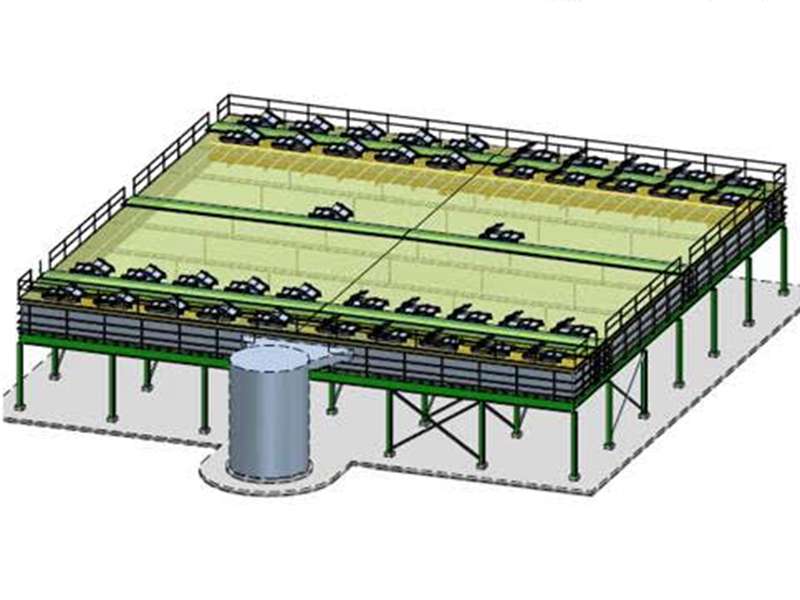
-
 Afrikaans
Afrikaans -
 Albanian
Albanian -
 Amharic
Amharic -
 Arabic
Arabic -
 Armenian
Armenian -
 Azerbaijani
Azerbaijani -
 Basque
Basque -
 Belarusian
Belarusian -
 Bengali
Bengali -
 Bosnian
Bosnian -
 Bulgarian
Bulgarian -
 Catalan
Catalan -
 Cebuano
Cebuano -
 China
China -
 China (Taiwan)
China (Taiwan) -
 Corsican
Corsican -
 Croatian
Croatian -
 Czech
Czech -
 Danish
Danish -
 Dutch
Dutch -
 English
English -
 Esperanto
Esperanto -
 Estonian
Estonian -
 Finnish
Finnish -
 French
French -
 Frisian
Frisian -
 Galician
Galician -
 Georgian
Georgian -
 German
German -
 Greek
Greek -
 Gujarati
Gujarati -
 Haitian Creole
Haitian Creole -
 hausa
hausa -
 hawaiian
hawaiian -
 Hebrew
Hebrew -
 Hindi
Hindi -
 Miao
Miao -
 Hungarian
Hungarian -
 Icelandic
Icelandic -
 igbo
igbo -
 Indonesian
Indonesian -
 irish
irish -
 Italian
Italian -
 Japanese
Japanese -
 Javanese
Javanese -
 Kannada
Kannada -
 kazakh
kazakh -
 Khmer
Khmer -
 Rwandese
Rwandese -
 Korean
Korean -
 Kurdish
Kurdish -
 Kyrgyz
Kyrgyz -
 Lao
Lao -
 Latin
Latin -
 Latvian
Latvian -
 Lithuanian
Lithuanian -
 Luxembourgish
Luxembourgish -
 Macedonian
Macedonian -
 Malgashi
Malgashi -
 Malay
Malay -
 Malayalam
Malayalam -
 Maltese
Maltese -
 Maori
Maori -
 Marathi
Marathi -
 Mongolian
Mongolian -
 Myanmar
Myanmar -
 Nepali
Nepali -
 Norwegian
Norwegian -
 Norwegian
Norwegian -
 Occitan
Occitan -
 Pashto
Pashto -
 Persian
Persian -
 Polish
Polish -
 Portuguese
Portuguese -
 Punjabi
Punjabi -
 Romanian
Romanian -
 Russian
Russian -
 Samoan
Samoan -
 Scottish Gaelic
Scottish Gaelic -
 Serbian
Serbian -
 Sesotho
Sesotho -
 Shona
Shona -
 Sindhi
Sindhi -
 Sinhala
Sinhala -
 Slovak
Slovak -
 Slovenian
Slovenian -
 Somali
Somali -
 Spanish
Spanish -
 Sundanese
Sundanese -
 Swahili
Swahili -
 Swedish
Swedish -
 Tagalog
Tagalog -
 Tajik
Tajik -
 Tamil
Tamil -
 Tatar
Tatar -
 Telugu
Telugu -
 Thai
Thai -
 Turkish
Turkish -
 Turkmen
Turkmen -
 Ukrainian
Ukrainian -
 Urdu
Urdu -
 Uighur
Uighur -
 Uzbek
Uzbek -
 Vietnamese
Vietnamese -
 Welsh
Welsh -
 Bantu
Bantu -
 Yiddish
Yiddish -
 Yoruba
Yoruba -
 Zulu
Zulu
Premium Fiberglass Storage Tanks for Efficient Liquid Storage
The Benefits and Applications of Fiberglass Storage Tanks
In various industries, the need for reliable storage solutions is paramount. Fiberglass storage tanks have gained increasing popularity due to their numerous advantages, particularly in sectors such as chemicals, water treatment, agriculture, and oil and gas. These tanks are made from a composite of glass fibers and resin, which provides a range of benefits that traditional materials, such as steel or concrete, cannot match.
One of the primary advantages of fiberglass storage tanks is their corrosion resistance. Unlike metal tanks that can succumb to rust and corrosion, fiberglass tanks are inherently resistant to the elements, including harsh chemicals and environmental conditions. This quality makes them ideal for storing aggressive substances such as acids, alkalis, and other corrosive materials, ensuring longevity and reducing the risk of contamination.
Another significant benefit of fiberglass tanks is their lightweight nature. Compared to steel or concrete, fiberglass is significantly lighter, allowing for easier transportation and installation. This characteristic can result in reduced labor costs and lower transportation expenses, making fiberglass tanks an economically attractive option for businesses. Additionally, their lighter weight enables easier relocation when necessary, providing greater flexibility in operations.
Durability is yet another hallmark of fiberglass storage tanks
. These tanks are designed to withstand extreme temperatures and pressures, making them suitable for various applications in diverse environments. Their durable construction helps minimize the risk of leaks and ruptures, thereby enhancing safety and protecting the surrounding area from potential hazards.fiberglass storage tank

Moreover, fiberglass tanks offer excellent insulation properties, which is particularly beneficial in applications where temperature control is essential. For instance, in the food and beverage industry, maintaining the proper temperature of stored liquids is crucial to ensure product quality. The insulating properties of fiberglass help regulate the temperature, thereby preventing fluctuations that could adversely affect the stored contents.
Maintenance is another area where fiberglass tanks excel. These tanks generally require less upkeep compared to their metal counterparts, as they do not rust or corrode. Additionally, the smooth interior surface of fiberglass tanks prevents the buildup of residues and makes cleaning much easier. This low-maintenance nature translates to lower operational costs and less downtime for businesses.
Furthermore, the versatility of fiberglass storage tanks is noteworthy. They can be manufactured in various sizes and shapes to suit specific requirements, making them an ideal choice for businesses with unique storage needs. From small tanks used in residential applications to large-scale tanks designed for industrial use, fiberglass options are readily available to meet a wide range of demands.
In summary, fiberglass storage tanks present numerous advantages that make them a preferred choice across various industries. Their resistance to corrosion, lightweight nature, exceptional durability, insulation properties, low maintenance requirements, and versatility contribute to their growing popularity. As industries continue to seek efficient and reliable storage solutions, fiberglass tanks are likely to play an increasingly important role in meeting those needs. With the myriad benefits they offer, investing in fiberglass storage tanks can lead to increased efficiency, cost savings, and enhanced safety in storage operations.









